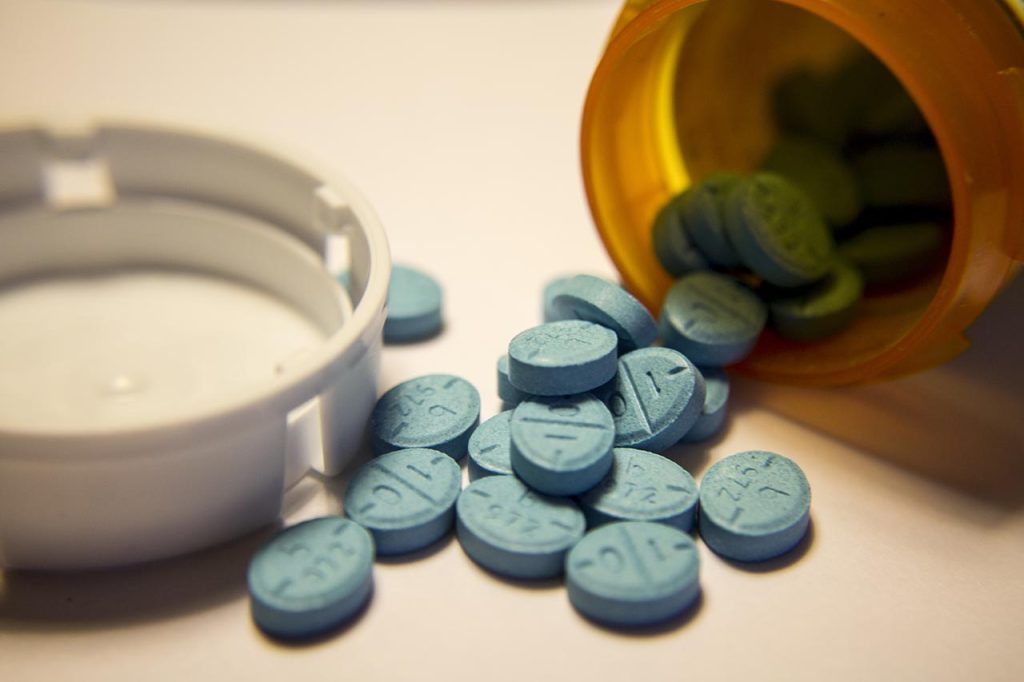
If you are in the market for an ADHD drug, you may have heard about Methamphetamine or Adderall. But are these medications worth trying? If so, you must know how they work and what to expect from them. Read on to learn about the benefits and dangers of Methamphetamine for the treatment of attention deficit hyperactivity disorder. Listed below are the most important facts you should know about these drugs.
Methamphetamine
Although methamphetamine has many benefits, some people are skeptical about its use as a therapy of methamphetamine for adhd. The drug has side effects, including irritability, cardiovascular system problems, and excessive weight loss. Methamphetamine abuse has also been linked to sudden death, paranoia, and hostility. It should not be used without consulting your doctor or physician.
Methamphetamine is a central nervous system stimulant, meaning it increases the activity of certain brain chemicals. The effects of methamphetamine on the CNS include increased attention and reduced fatigue. Although the medication is available in both brand name and generic versions, some insurance companies still prefer brand-name drugs. Methamphetamine is closely related to amphetamine and ephedrine, and works in a similar way. It is not fully understood how methamphetamine works as a treatment for attention deficit hyperactivity disorder, but it may increase the production of dopamine in the brain.

Adderall
Methamphetamine and Adderall are popular stimulants used in the treatment of attention deficit hyperactivity disorder (ADHD). Although meth is illegal and is not prescribed by doctors, it is sold as a legal form under the brand name Desoxyn. Both drugs are highly addictive and have the potential for addiction, especially when taken in high doses. If you or a loved one has been diagnosed with ADHD and are interested in using a legal prescription drug for attention deficit hyperactivity disorder, it is recommended to contact a local rehab for treatment.
Although meth is a Schedule II controlled substance, both drugs are approved by the FDA for the treatment of ADHD. Both drugs have similar side effects and are dangerous to use, including irritability, cardiovascular system problems, and excessive weight loss. Adderall is not considered neurotoxic when used in the prescribed dose, but abuse can lead to dependency and addiction, as well as addiction and overdose.
Adderall-like effects
Methamphetamine and Adderall are related but completely different drugs. Both are stimulants and carry the same risks of abuse, but have very different effects. Meth is often sold in unauthorized labs and is far more potent than Adderall. Meth is also much more harmful than Adderall and carries a higher potential for abuse.
Both Adderall and meth are psychoactive substances that increase the activity of neurotransmitters linked to mood, reward, and excitement. Adderall increases dopamine, which makes a low-level rewarding effect on the body. While normal levels of dopamine can make people ignore minor distractions, meth raises dopamine levels to high levels, making distractions almost irresistible.
Side effects
One of the most commonly reported adverse effects of methamphetamine for ADHD is insomnia. One study in which 127 children with ADHD took the drug reported 30 percent of the patients having difficulty sleeping. The adverse effects led to the discontinuation of the medication by one patient. Patients have also reported difficulty sleeping when taking 10 mg of methamphetamine twice daily. It’s not uncommon for the medication to induce insomnia, which is one of the reasons why it is contraindicated in children and adolescents with known hypersensitivity to sympathomimetic amines.
The drug can lead to severe adverse side effects if administered to an agitated patient. It can cause manic or depressive episodes, so it should be used cautiously in individuals who suffer from bipolar disorder. If an individual is diagnosed with bipolar disorder, they should not take methamphetamine. They should also undergo a careful screening to ensure that they are not suffering from bipolar disorder. If an individual is at risk for this, methamphetamine should be avoided. Patients should also undergo a thorough mental health evaluation to rule out bipolar disorder. Methamphetamine should be avoided in individuals who have suicidal or major depressive disorders.
More to read:
Exploring the Nutritional Powerhouse: A Guide to the Benefits and Uses of Whole Grains
Is Adderall the Same As Methamphetamine?


